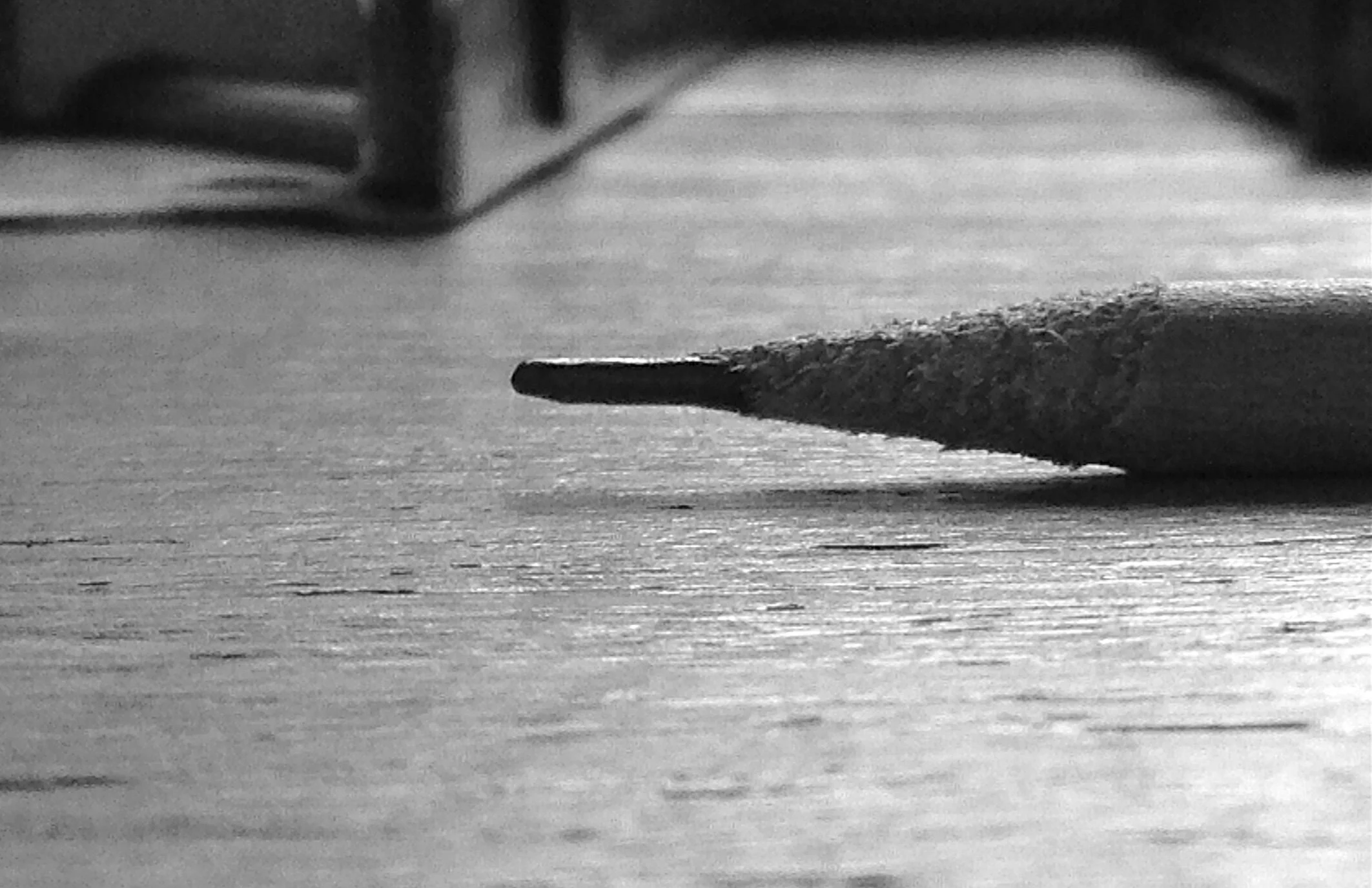Midnight in Paris
/We all fear death and question our place in the universe. The artist's job is not to succumb to despair, but to find an antidote for the emptiness of existence.
~ Gertrude Stein
Quick fox: B | Copper
winding dragon
What is the hardest thing about writing? For some people, it’s coming up with the beginning; for some, the end. Others find developing characters or plots challenging. And many more would argue that practical conventions like pacing, dialogue, or grammar are the most likely to cause sleepless nights.
Woody Allen’s romantic comedy Midnight in Paris (2011) approaches the existential identity as a “writer” in typical Woody Allen fashion: witty, charming, sarcastic, and a great deal of pretentiousness. The movie is a modern day fairy tale about Gil Pender (Owen Wilson), a Hollywood screenwriter trying to pen a novel in order to create, what he believes, to be serious literature. He is visiting France with his fiancé Inez (Rachel McAdams) and her parents. However, Gil begins to disappear in the middle of the night, and where he vanishes off to forces him to acknowledge who he is as a writer, artist, and man of the modern age.
Personally, I find what makes writing difficult is originality. But what makes something “original”? When I was younger, I analyzed literature and my own writing with a skewed idea that originality meant an absolute uniqueness that cannot be found in others’ work. But over the past few years, I’d come to realize that writing isn’t so much about creating something entirely new but incorporating my own style into elements that are already familiar to the audience. Heck, most of Shakespeare’s plays are just ripped off from other stories that he embellished.
And that’s why I enjoyed Midnight in Paris. Is it an instant classic? No. Will it change your perspective on life or filmmaking forever? Probably not. Does Owen Wilson’s acting sometimes feel as though he was dragged out of bed in the middle of the night, rushed to France, given a script, and told to do his best Woody Allen impression? …Yes. Nevertheless, it’s about a writer with whom I could make an instant connection. Sometimes when I look at the great American writers—Mark Twain, William Faulkner, F. Scott Fitzgerald, to name a few—I kind of feel like Gil Pender and wonder how in the world I could ever hope to match up to that legacy.
But what the movie shows is that being a writer isn’t about trying to be the next Twain or Faulkner or Fitzgerald, it’s about being the first Gil Pender. (Or in my case, the first Benjamin Kim Paplham.) As Master Oogway says in Kung Fu Panda (2008): “Yesterday is history, tomorrow is a mystery, but today is a gift. That is why it’s called the present.”
